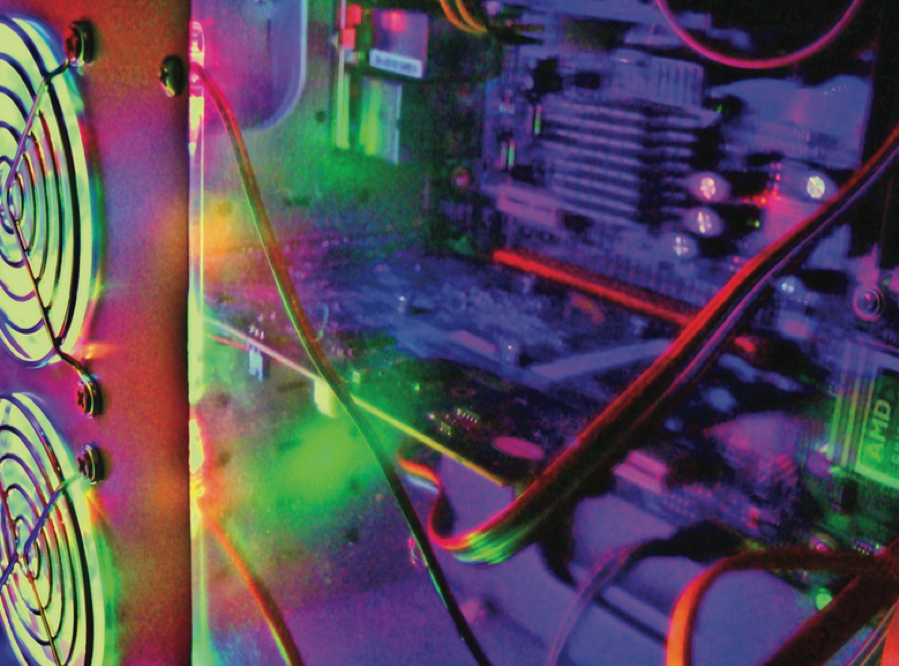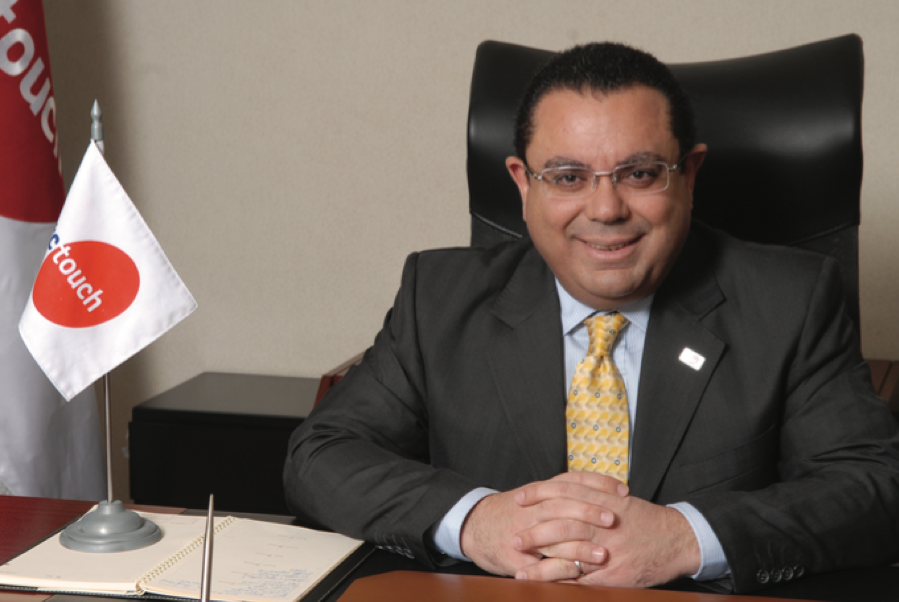With the mass black market of pirated materials ranging from software, music, cable television and movies so prevalent in most countries of the Middle East, governments and industry associations are working hard to combat this rampant problem.
In this region, software piracy is the norm rather than the exception with rates in most countries above 50%, while the global average hovers around 35%.
Protecting intellectual capital
With IT being an engine for economic growth through high paying jobs, assisting other sectors, and increasing tax revenues, protecting the integrity of software development and application is key. Business Software Alliance (BSA) and International Data Corporation’s (IDC) Global Software Piracy Study estimated that the IT sector supports 1.1 million businesses and generates $900 billion annually in tax revenues. With expected growth in IT between 2004 and 2009 set at 33%, that percentage could increase as much as 45% if software piracy decreases 10 points.
This prompted Muhammad bin Ibrahim al-Tuwaijri, the Arab League’s assistant secretary general for economic affairs, to declare piracy of all forms an ‘epidemic’ costing the Arab World upwards of $50 billion a year.
As a result, “Arab World Protect 2008: The First Arab Consumer and Brand Protection Forum” will be held in Jeddah in October to raise awareness of the economic ramifications and safety risks posed by piracy as well as to develop strategies to combat the problem.
Business Software Alliance (BSA), the foremost
organization dedicated to promoting a safe and legal digital world, has started partnering with many local stakeholders in the region to assist governments to combat this problem.
At one time, Lebanon was one of the Top 10 countries in terms of piracy and remains on the US Trade Representative’s Priority Watch List of worst case offenders, despite BSA’s recent calls for Lebanon to be removed. While intellectual property rights exist in Lebanese law, which conformed to most international standards, law enforcement and government agencies were unable to tackle the problem.
“This is when the private sector stepped in because it was their products that were being stolen,” explained Aly Harakeh, license compliance manager for Microsoft and official spokesperson of BSA in Lebanon.
In 1999, the private sector engaged officials and law enforcement by lending their expertise and training on identifying originals from counterfeits. Since that time piracy rates in Lebanon have decreased from 98% to 73% today. Also, in March 2006 Lebanon enacted a Cyber Crime and Intellectual Property Rights Bureau (CCIPRB) under the supervision of the Ministry of Interior, with 33 members. Mandated to crack down on copyright infringers, the task force began to conduct spot checks and market sweeps to catch businesses dealing in the distribution of unlicensed intellectual property —
Harakeh explained, “Since the bureau took over the task, it became more effective. They did a number of raids and went to areas that were considered to be inaccessible,” confiscating volumes of illegitimate intellectual property.
A measure of success in enforcement
In early 2007, BSA and the bureau publicly destroyed about 150,000 CDs and DVDs loaded with pirated software, music, games and music, while the investigations and crackdowns are continuing to happen. Law enforcement is also taking intellectual property rights infringement more seriously and handing down stiffer penalties on those convicted.
BSA is working to sensitize the public sector towards the importance of finding a balance between enforcement and awareness. As Harakeh pointed out, “awareness in itself would give enforcement some weight and show the seriousness of the situation. It would also help Lebanon to position itself as a nation synonymous with innovation and creativity.”
Harakeh also believes that intellectual property rights enforcement would also help to draw more investment both foreign as well as local as investors and businesses see that their work will be protected.
Across the region governments are beginning to take intellectual property rights seriously with the help of the private sector. Industry associations such as BSA, and even the Arab League, are stepping in to help enforcement of policies and setting up task forces that are now in place to curb the problem. In Saudi Arabia, an unnamed firm was sued by BSA for $1.3 million in March 2008, and the government canceled that company’s commercial registration with threats of more raids and lawsuits to come in the kingdom.
Anti-piracy raids have also hit computer resellers throughout the region with a reseller in Oman facing six months in jail and ordered to pay Microsoft $5,200 in compensation for selling PCs loaded with unlicensed Windows XP and Microsoft Office 2007.
At the regional level, piracy started to decrease in 2005 to 57% but rose again in 2006 to 60%. Generally, high-piracy rates are associated with the high growth areas of which the Middle East is a part. With one-third of PC shipments going to emerging markets, they are only buying around 10% of software exports, according to IDC. However, piracy is dropping also in part by the influx of branded laptops with preloaded legitimate software, which continue to gain in market share relative to desktop systems assembled locally without any legitimate software.
To understand better what this means, IDC has calculated the costs throughout the supply and distribution chains. According to its report for BSA, for every $1.00 in software sold, there is at least another $1.25 in services sold to design, install, customize and support that software. That software and those additional services then drive approximately another $1.00 of channel revenue, with most of this additional service — or channel revenue — going to firms which operate locally. In countries with piracy rates of more than 80%, for every $1 spent on PC hardware, less than $0.07 is spent on legitimate software.
Unfortunately, the continuing growth of internet penetration, especially in emerging markets and mostly among consumers and small businesses, and the increased availability of pirated software, particularly over the internet and from peer-to-peer (P2P) networks, is pushing piracy rates higher still. According to the IDC, already more than 60% of all internet traffic crossing the web is driven by P2P downloading, and almost two-thirds of that is from emerging markets.
This could make ensuring intellectual property rights and fighting piracy even more difficult to battle.










